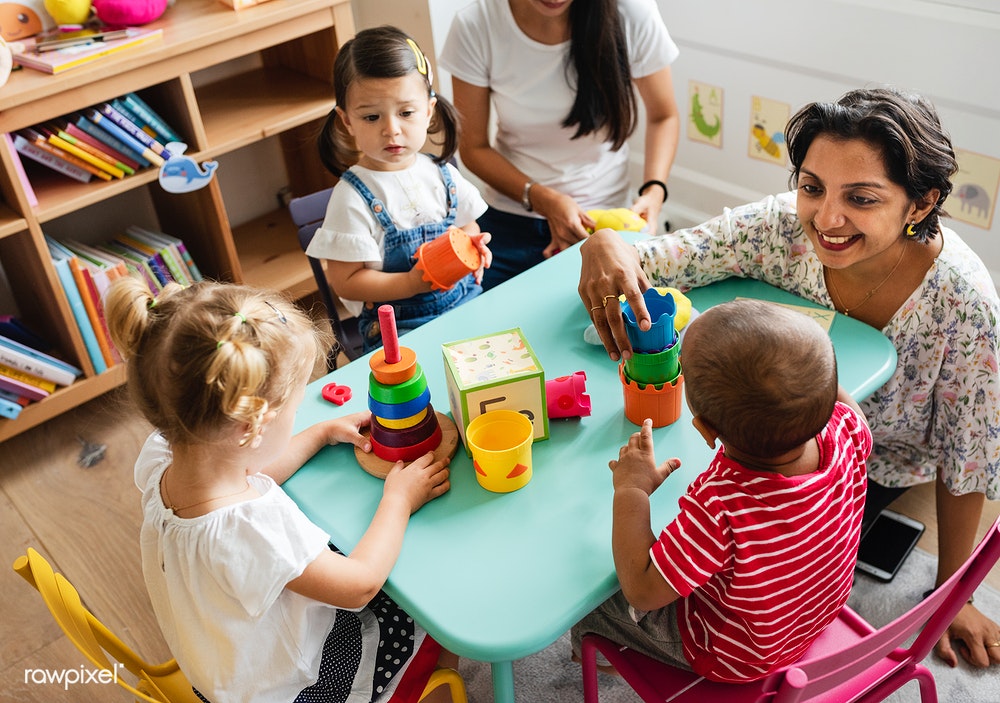In today’s post, I will talk about some of the activities or ideas of things that you as a parent can do to keep your toddler or older child engaged if you have decided to limit screen time.
We have been getting so many queries from parents who are wondering what to do to keep their child engaged after deciding to limit screen time.
TVs, Smart phones, Laptops are a favourite baby sitter in many households. But many parents are starting to realise that as easy as it might be to stretch out their hand and hand over a phone or switch on the TV to keep their child from disturbing and being a nuisance, dealing with the detrimental effects of too much screen time later will not be as easy.
If you are not aware of the harmful consequences of overexposure to screens on your toddler and child’s development. Please sign up here to access modules of my Late-Talker’s Bootcamp Course for FREE where you will learn among other things, the effects of screen time on your child’s brain and on their speech and language development.
Parents who think that their child is learning plenty from being on Youtube should KNOW that this is NOT the case.
Hopefully this post will leave you with some ideas of what to do to keep your child engaged after limiting screentime.

5 things that will help keep your child engaged after limiting screen time
1. Talking to your child
Talk to your child like they are your friend. You do not need to be talking to your child only when you are reprimanding them, telling them off or even raising you voice on them, no, you need to literally have a chat with them for example;
You can come home and say, “well I had such a brilliant day today, how about you?” Even if they are just 2 years old and don’t know how to talk, you can just go on and give them a full conversation about your day.
Parents need to learn to acknowledge their toddler or child as their friend, their little friend and talk to them as such.
Another opportunity you can use to talk to your child is tell them what to expect on a car ride. You can go like, “we are going to do this and that and when we go to the supermarket you have to help mummy do some shopping for milk, some weetabix”. Make it fun for them by perhaps printing out a shopping list and make cut outs of the actual items and also allow your child to pick items of the shelf.

Another conversational opportunity is when they have made a mess. As overwhelming as you may feel at the sight of it, instead of just reprimanding them, you can try turn it around and use it as an opportunity to talk and engage with your child on how they can help you clean up the mess that they have made. Talk them through the whole clean up process, say to them, “let’s go to the kitchen, fill the bucket with water, let’s put some soap, let’s put a mop in the bucket..”
There are so many conversational and interaction opportunities if and when screens are off. The whole idea here is to TALK TO YOUR CHILD.
2. Find other engaging activities e.g. Crafts
You can buy some ground chalks or blackboard chalks, papers, scissors, glue and draw different pictures and stick together them with glue.
You can get a fabric and do some lacing and knitting.
Please ensure that your child is supervised because some of these play items such as scissors can be dangerous if they are left alone with your child.

3. Have more outdoor time
A lot of kids are very outdoorsy, they enjoy being out there. Those that don’t enjoy being out may be that way because they were used to being exposed to screens more than being taken out. But you can always help them discover the joys of being outdoors and come up with so many interesting activities to do together e.g.
- Kick a ball
- Pick up sticks
- Throw stones
- If you happen to be living in a farm, you can feed the chicken, the ducks while talking to your child throughout the feeding process.

4. Read to your child
You can read to your child or have them read books they cannot destroy. I am personally averse to children destroying books because I feel like if a child destroys books it means that they have not been taught to care for things. And if a child can destroy books it means they can destroy other things. You as a parent should train your child be careful with the things they have.
Another way to go about this is to buy age appropriate books. If your child is younger than 2 years, you can get them some hard cover books.
Please visit this post if you would like to learn how to read to your child. You can also read this post on the kind of books you should buy your child if you would like to grow their language.

5. Play with your child
Don’t just buy toys for your child and leave them on their own. I know a lot of homes where toys are just bought and then the child is left to play by themselves.
This might sound strange because many of us did not experience seeing our parents getting down to play with us. But you know times were different back then, children back then could always go out and play with other kids if they did not have or even if they had siblings.
Modern living has left children with no one to play with and or no playtime. If you are in a home or an environment where there are no other kids that your child can engage with, you have to teach your child how to play.
I see children who come into my speech therapy clinic who have very limited play skills. These children don’t know how to play, all they do is just hold on to a toy and work while still holding on to the toy or they will not allow me to engage them. These are signs of language delay or rigidity or pervasive developmental or disorder (PDD).
So you really must teach your child how to play, how to make their play flexible, give them more play ideas because your child doesn’t have play ideas particularly if they don’t have other children they are playing with and mirroring.

Final Word
Last but not least, remember to TALK TO YOUR CHILD. I cannot say this enough, you really need to talk to your child.
You have to find opportunities, move out of your way no matter how tired you are and just do it because talking to your child will form a very good foundation for developing their not only language skills but everything else there after.







